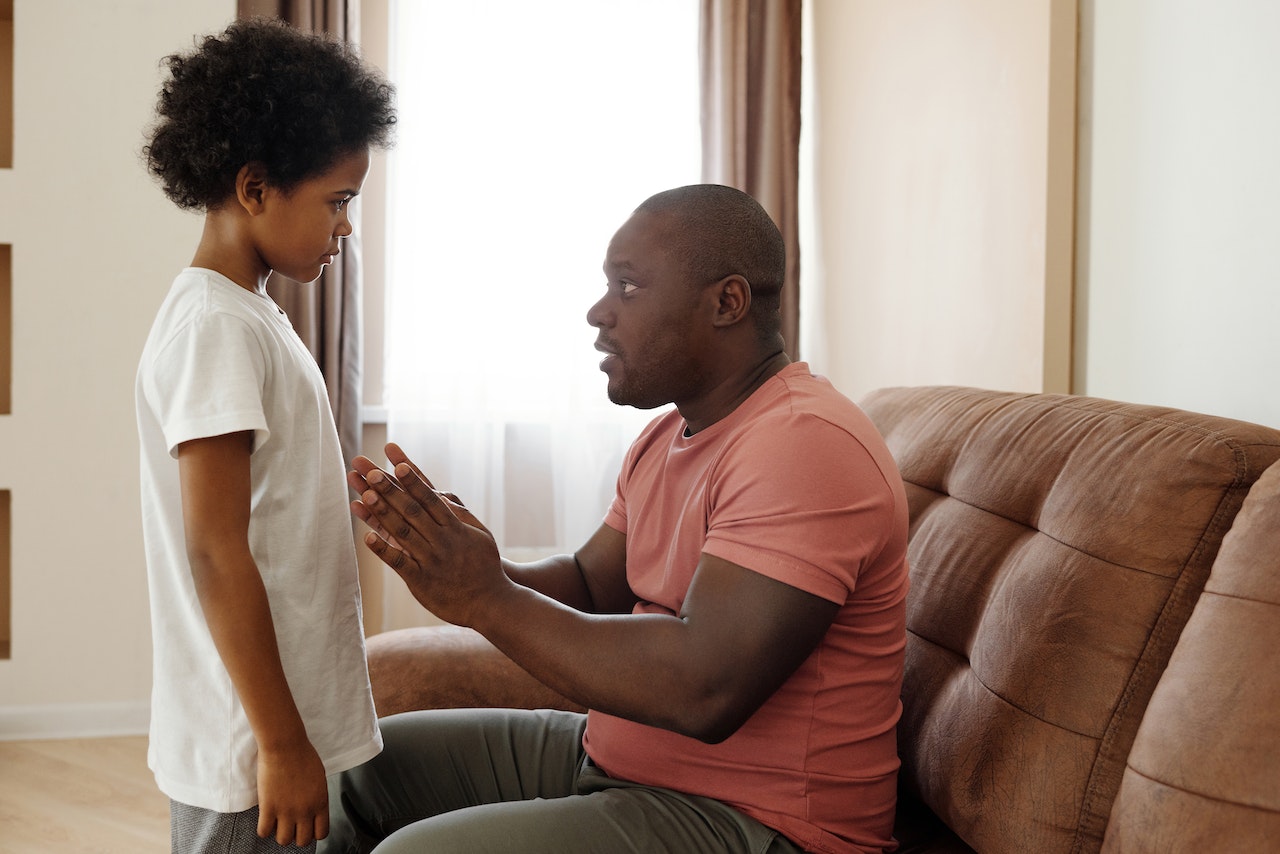Sexual health education is a vital part of overall well-being that often goes unnoticed. It’s about equipping people with the knowledge, skills, and values they need to make informed decisions about their sexual health.
This education is essential for everyone, especially young people, as they navigate the challenges of growing up and making choices that affect their lives.
Understanding Sexual Health
Sexual health isn’t just about avoiding diseases; it’s about achieving a state of physical, emotional, mental, and social well-being in relation to sexuality. To reach this state, people need access to accurate information, respectful treatment, and supportive environments.
Sexual health education helps individuals understand their bodies, develop healthy relationships, and make informed choices about their sexual and reproductive lives.
Promoting Healthy Relationships
A key part of sexual health education is learning about healthy relationships. This includes understanding what makes a relationship healthy or unhealthy, the importance of mutual respect and consent, and how to communicate effectively with partners.
When people understand what a healthy relationship looks like, they’re more likely to build connections based on trust and respect. They’re also better prepared to recognize and leave unhealthy or abusive relationships.
Preventing Sexually Transmitted Infections (STIs)
Sexual health education plays a crucial role in preventing STIs. By providing accurate information about how STIs are transmitted and prevented, individuals can make better choices about their sexual behavior.
This includes understanding the importance of using protection, getting regular screenings, and seeking treatment if necessary. With proper education, people can avoid risky behaviors and protect their health and the health of their partners.

Empowering Informed Choices
Another critical aspect of sexual health education is empowering individuals to make informed decisions about their sexual and reproductive health. This includes understanding contraception options, knowing where to access health services, and being aware of their rights.
When people have the knowledge and resources to make informed choices, they can take control of their sexual health and avoid unintended consequences.
Addressing Myths and Misconceptions
Sexual health education also plays a vital role in debunking myths and misconceptions that often surround sexuality. Misinformation can lead to harmful behaviors and attitudes, as well as increased stigma and discrimination.
For instance, some believe that using contraception can cause infertility, or that STIs only affect certain groups. These myths can have serious consequences if not corrected. By providing accurate information, sexual health education helps individuals make better choices and reduces the stigma around sexual health issues.
Fostering a Positive Attitude Toward Sexuality
Sexual health education encourages a positive attitude toward sexuality. It helps people develop a healthy understanding of their own sexuality and that of others, promoting self-respect and respect for others.
This education encourages people to see sexuality as a natural and positive part of life, rather than something to be ashamed of or hidden.
Reducing the Risk of Sexual Violence
Sexual health education is also key in reducing the risk of sexual violence. By teaching about consent, respecting boundaries, and recognizing abusive behavior, it helps prevent sexual violence and supports survivors.
When individuals understand the importance of consent and how to respond to sexual violence, they’re better equipped to protect themselves and others.
Conclusion
In summary, sexual health education is a crucial part of overall well-being. It provides people with the knowledge and skills to make informed decisions, build healthy relationships, and protect themselves and others from harm.
By fostering a positive attitude toward sexuality and addressing myths and misconceptions, sexual health education helps create a culture of respect, equality, and safety. It’s essential that this education is accessible to everyone, regardless of age, gender, or background.